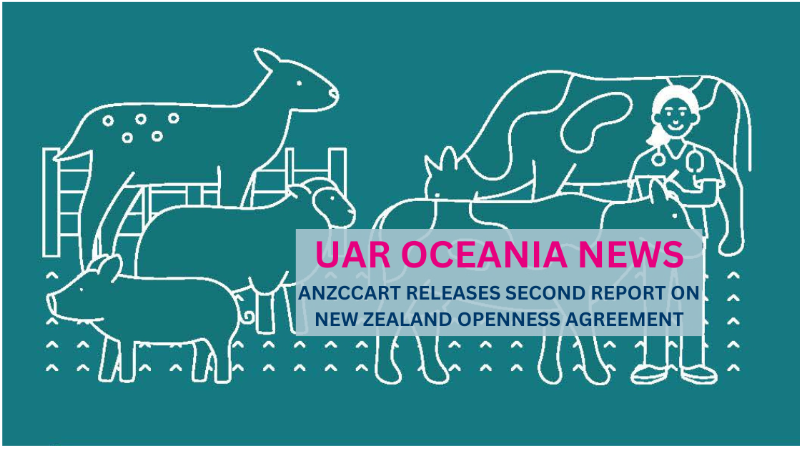Refine the way experiments are carried out, to make sure animals suffer as little as possible. This includes better housing and improvements to procedures which minimise pain and suffering and/or improve animal welfare.
Refinement not only benefits animals, but can also improve the quality of research findings by reducing the level of stress in animals. By law, any distress or suffering to an animal must be kept to a minimum. For example, anaesthetics are used for surgery, and painkillers are given as necessary afterwards. If animals have a painful or fatal disease, they can be humanely killed before they show severe symptoms.
Laboratory animals spend a lot of time in the animal house not being experimented on. Improving their living conditions is called environmental enrichment. Animals are normally kept in social groups, preferably in large cages or floor pens, with things for them to play with. Rabbits may get bedding material, boxes and tubes. Rodents like to have nesting material. Dogs like toys and a social environment. Monkeys like branches, swings, ropes and platforms. Their diet can also be made more interesting with fruit and other titbits, and foraging for it adds to their enjoyment.
Links
The National Centre for the 3Rs, set up by the UK government in 2004, funds 3Rs research and promotes exchange of ideas, information and best practice.
The Institute of Animal Technology represents animal technologists, who provide day-to-day care for animals in research.



